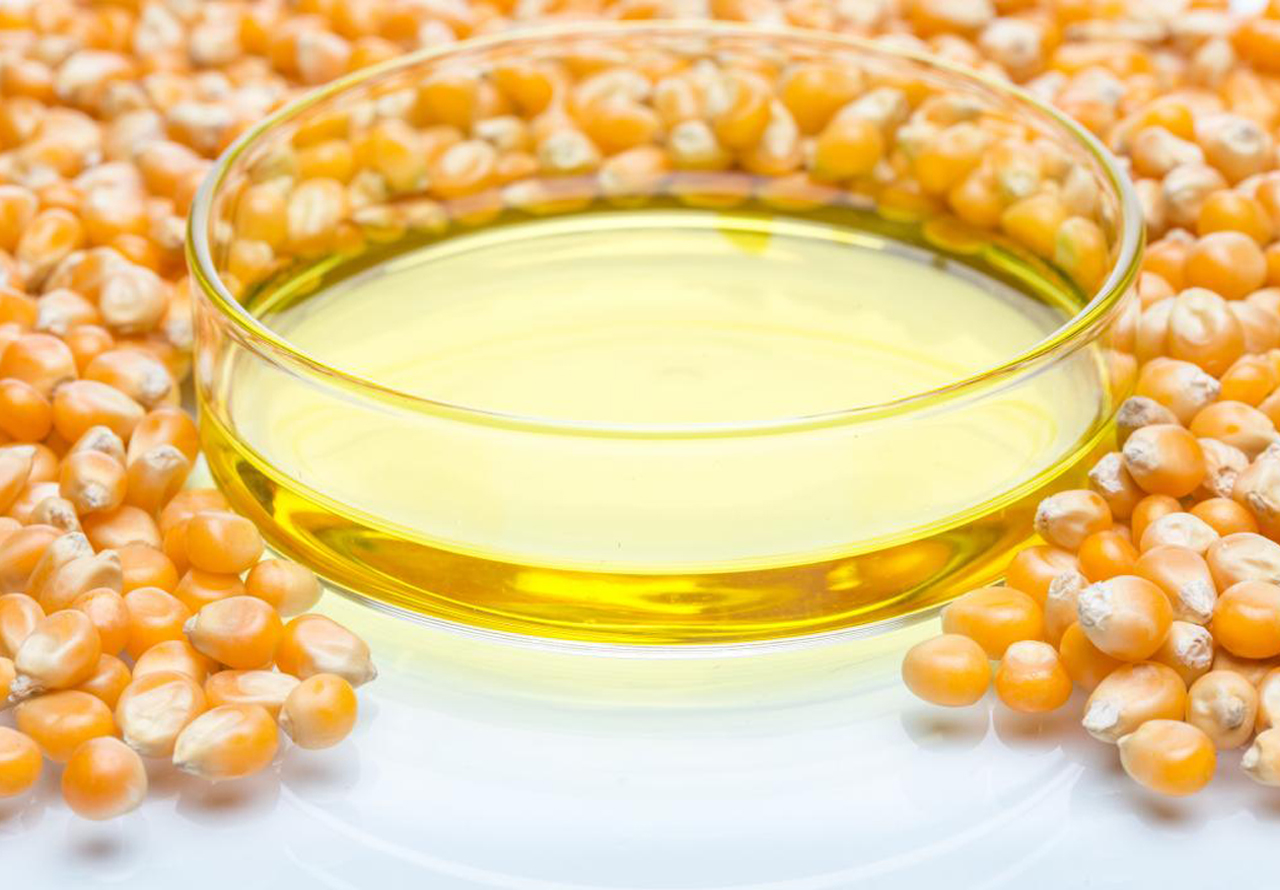⚠️ Health Risks of HFCS Consumption
Multiple studies have linked regular intake of HFCS to the following conditions:
- Type 2 Diabetes
- Excess fructose overwhelms the liver, leading to insulin resistance over time
📚 Stanhope, K. L. et al. (2009). Consumption of fructose-sweetened beverages increases visceral adiposity and lipids in overweight/obese humans. Journal of Clinical Investigation.
- Excess fructose overwhelms the liver, leading to insulin resistance over time
- Obesity
- HFCS promotes fat storage and does not trigger leptin, the hormone that tells your body you’re full
📚 Bray, G. A. et al. (2004). Consumption of high-fructose corn syrup in beverages may play a role in the epidemic of obesity. American Journal of Clinical Nutrition.
- HFCS promotes fat storage and does not trigger leptin, the hormone that tells your body you’re full
- Non-Alcoholic Fatty Liver Disease (NAFLD)
- Fructose is metabolized almost exclusively by the liver and can be stored as fat
📚 Lim, J. S. et al. (2010). The role of fructose in the pathogenesis of NAFLD and the metabolic syndrome. Nature Reviews Gastroenterology & Hepatology.
- Fructose is metabolized almost exclusively by the liver and can be stored as fat
- Elevated Triglycerides
- Fructose consumption increases VLDL production in the liver, raising triglyceride levels
📚 Le, M. T. et al. (2009). Fructose and triglyceride synthesis. Journal of Hepatology.
- Fructose consumption increases VLDL production in the liver, raising triglyceride levels
🕵️ Where HFCS Hides in Your Diet
Even if you’re avoiding soda, HFCS may still be lurking in common foods:
- Sweetened beverages (soda, juice drinks, energy drinks)
- Condiments (ketchup, BBQ sauce, salad dressings)
- Yogurt and flavored dairy
- Processed breads and cereals
- Granola bars and protein bars
- Canned fruits in syrup
- Sweetened applesauce and fruit cups
- Frozen meals and fast food
🧾 Common Names for HFCS on Labels
HFCS may be listed under different aliases. Watch for:
- High Fructose Corn Syrup (HFCS)
- HFCS-42 (used in processed foods)
- HFCS-55 (used in soft drinks)
- Maize syrup
- Glucose-fructose syrup (common in Canada and Europe)
- Isoglucose (used in EU)
- Fructose-glucose syrup
- Corn sugar (misleading marketing term)
⚠️ Other Corn-Based Sweeteners to Avoid:
- Corn syrup (glucose)
- Modified corn syrup
- Crystalline fructose (highly refined)
- Hydrolyzed corn syrup
- “Fruit fructose” (often corn-derived)
✅ What to Use Instead
Natural, minimally processed alternatives can offer sweetness without the metabolic chaos:
- 🍯 Raw honey – contains enzymes and antioxidants
- 🍁 Maple syrup – trace minerals like manganese and zinc
- 🥥 Coconut sugar – lower glycemic index than table sugar
- 🍓 Fresh fruit – fiber helps slow sugar absorption
🛠 Tips for Cutting Out HFCS
- 📖 Read labels carefully – even “natural” products may contain hidden sweeteners
- 🍽 Cook at home – take control of ingredients
- 🥣 Choose unsweetened foods – then add your own sweetener if needed
- 🧃 Make your own dressings, sauces, and snacks – simple and HFCS-free
- 🧠 Retrain your taste buds – cut one HFCS-containing item a day and notice the difference
💡 Final Thoughts: The Power of Removing HFCS
Ditching HFCS doesn’t require a full nutrition degree or a massive lifestyle change. Here’s what many people report after eliminating HFCS for just a few weeks:
- ⚡ More stable energy
- 🧘 Fewer mood swings
- 😋 Reduced sugar cravings
- 📉 Easier weight management
- 🧠 Clearer thinking
It’s not just about removing one ingredient — it’s about removing the barriers to better health, focus, and long-term well-being.
📚 References:
- Stanhope, K. L. et al. (2009). Journal of Clinical Investigation
- Bray, G. A. et al. (2004). American Journal of Clinical Nutrition
- Lim, J. S. et al. (2010). Nature Reviews Gastroenterology & Hepatology
- Le, M. T. et al. (2009). Journal of Hepatology

